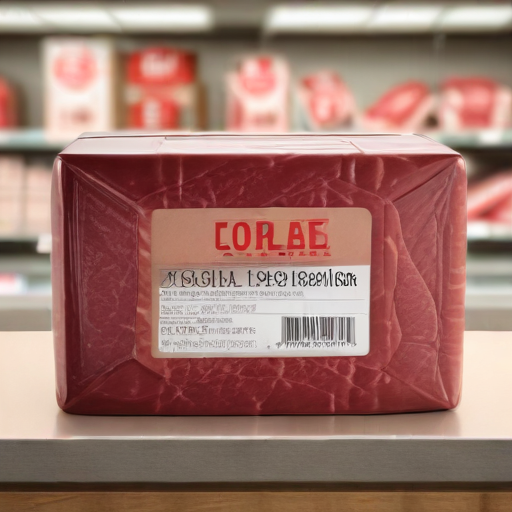The U.S. Department of Agriculture’s Food Safety and Inspection Service has announced a significant recall of approximately 167,200 pounds of fresh and frozen ground beef products due to concerns over E. coli contamination. This recall affects over 100 products manufactured by Wolverine Packing Co., based in Detroit, which have been linked to 15 reported illnesses in Minnesota.
Symptoms of E. coli poisoning can manifest within two to eight days after consuming contaminated food, with common signs including dehydration, bloody diarrhea, abdominal cramps, and fever. The illnesses reported in Minnesota were attributed to ground beef consumed by the affected individuals, prompting a thorough investigation that confirmed the presence of E. coli in beef samples from the Wolverine Packing Co.
Consumers and restaurant operators are advised to thoroughly inspect their refrigerators and freezers for the recalled products, discarding any that match the affected items to avoid potential health risks. The specific products under recall include those sold under various brand names, such as 1855 Beef, Davis Creek Meals, and Farmer’s Choice, among others. Fresh products have a “use by” date of November 14, 2024, while the frozen products bear a production date of October 22, 2024. All affected items will have the establishment number “EST. 2574B” within the USDA mark of inspection.
To prevent E. coli poisoning, it is crucial for consumers to adhere to safe food handling practices. This includes cooking ground beef to an internal temperature of at least 160 degrees Fahrenheit and maintaining proper hygiene when handling food. The USDA and CDC recommend washing hands thoroughly, keeping raw and cooked foods separate, and ensuring that surfaces are sanitized after coming into contact with raw meat.
This recall serves as a reminder of the importance of vigilance in food safety practices. Though the situation is concerning, it also highlights the efficiency of public health agencies in responding to potential health dangers and protecting consumers. By encouraging safe food preparation and awareness, we can help mitigate the risk of foodborne illnesses in the future.
In summary, consumers are urged to take action by checking their food supplies and following safe cooking recommendations to protect themselves and their families from E. coli contamination.
